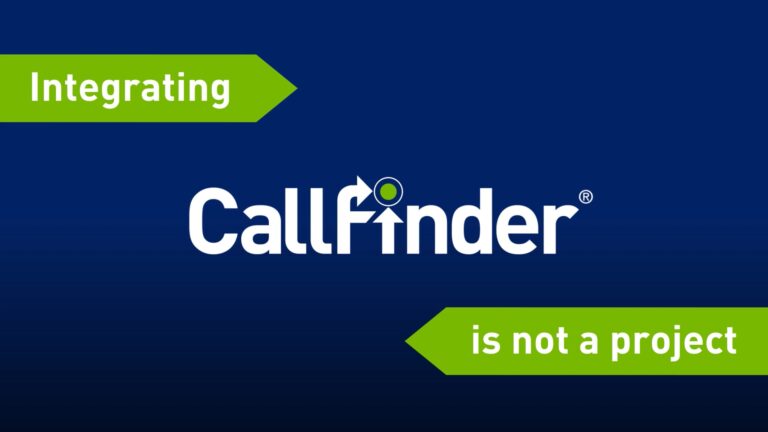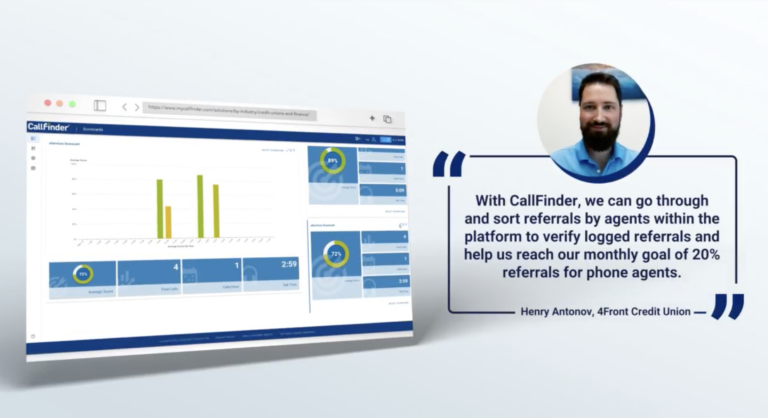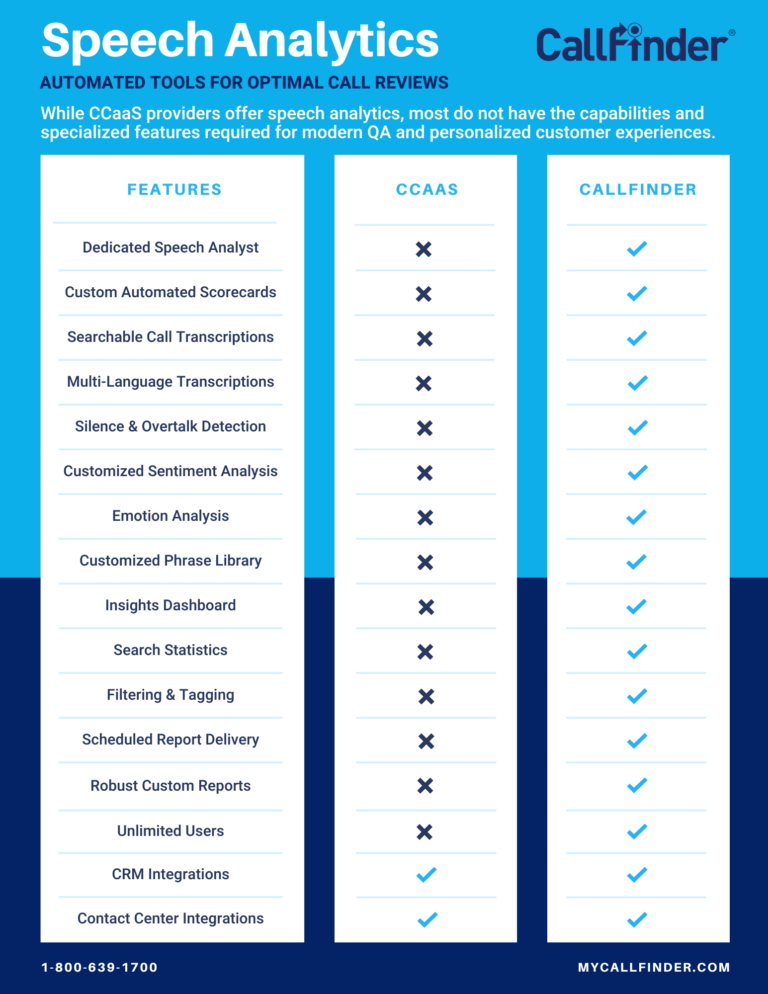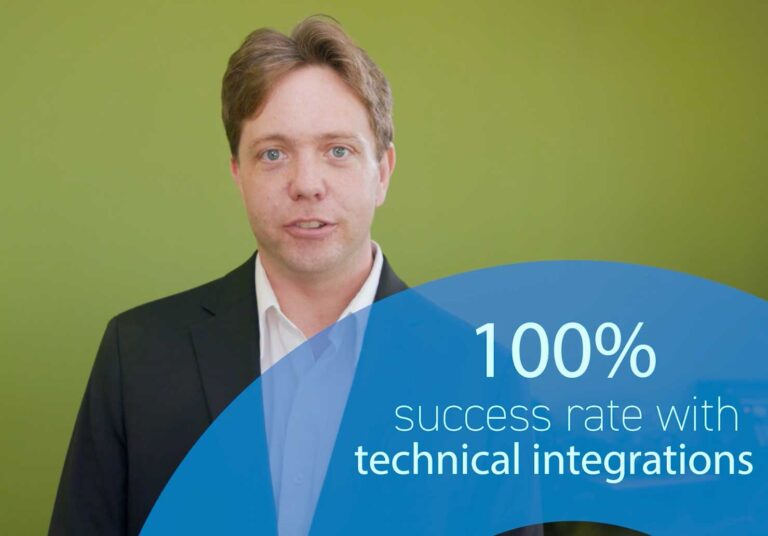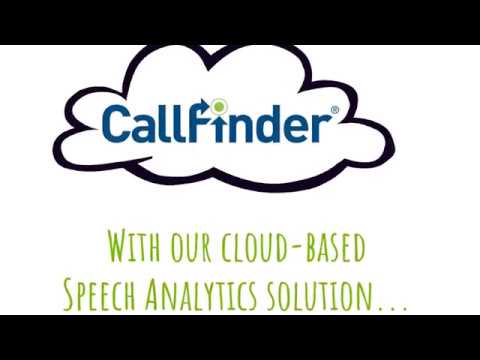Prospects often ask us if they will receive call transcripts once they deploy our speech analytics software. Short answer: yes. The technology they are referring to is also called “speech-to-text transcription,” which allows you to search for specific keywords in your call transcriptions. But we also use phonetic-based speech analytics technology, a slightly different approach than speech to text.
Because many solutions use both phonetic-based and speech to text transcription, we think it’s important to differentiate between the two. The main difference is that speech to text creates a transcript of the conversation using a set dictionary. Phonetics-based technology scans recordings to identify the string of phonemes matching the keywords in the search criteria.
Which technology is better?
This is where it gets tricky. Each approach has its own unique benefits, and it all depends on what you’re looking for in a speech analytics solution. Here’s a breakdown to help simplify the process of choosing the best one for your needs.
Speech to Text Transcription
With speech to text transcription, you have the ability to search call transcriptions for keywords and phrases across a select date range of interactions. Then you can pinpoint the calls where specific words and phrases are found to monitor agent performance, utilizing emotion and sentiment analysis.
Sentiment and emotion analysis scans the calls for specific words (sentiment) and tone (emotion). Then, specific words are used to quantify the mood of a conversation. Some phrases can indicate a positive sentiment – the words, “I couldn’t be more pleased with,” for example. However, the phrase, “I am very unhappy with,” indicates a negative sentiment.
Businesses and contact centers can compare sentiment analysis scores across a selection of data, and use that to understand the voice of the customer (VoC). This helps companies know what customers truly want and increase brand loyalty.
Phonetics-Based Speech Analytics
Applying phonetic speech analytics technology to recorded conversations provides quick access to important call center reporting metrics. These include, but are not limited to the following:
- Agent productivity and performance
- Average call handling times
- Call abandon rates
- Call conversion rates
- Call transfer rates
- Call wait times
- Cost per call
- First call resolution rates
- Agent script compliance
- Up-sell and cross-sell rates
- And other key performance indicators
In addition, calls can be segmented by specific agent, tracking code, or other parameters. This is another way to categorize calls for quick access to the most relevant information you’re searching for.
Call Centre Helper Magazine says that the “best” speech analytics systems use both approaches, which allows you “to detect how often words are spoken and, most importantly, their relationship to other words.”
Speech to text transcription and phonetics-based speech analytics software can be used to extract the metrics most relevant to your business. Both approaches can help you make informed strategic business decisions that will improve overall business practices, increase ROI, and enhance the customer experience.

